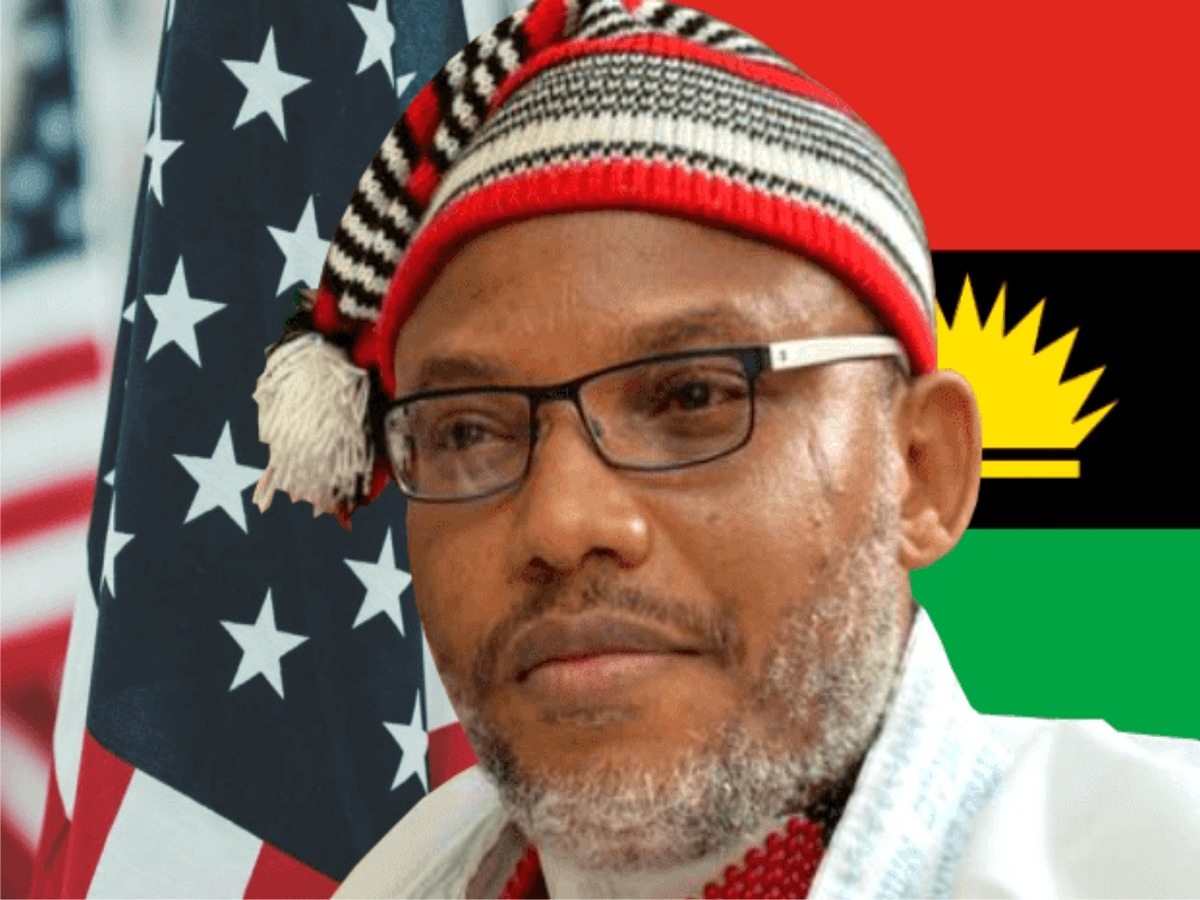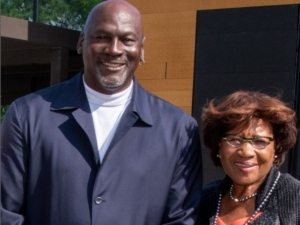A Nigerian court on Thursday convicted separatist leader Nnamdi Kanu on seven terrorism-related charges. This ends years of legal battles over his campaign for an independent Biafra.
Kanu, the founder of the Indigenous People of Biafra (IPOB), has long sought to revive the short-lived Biafra region in southeastern Nigeria, which seceded from the country between 1967 and 1970, triggering a civil war that left at least three million people dead. IPOB has faced accusations of terrorism and extrajudicial killings in the region.
The charges against Kanu include acts of terrorism, enforcing weekly stay-at-home orders that paralyze the southeast every Monday, providing instructions for making bombs aimed at government facilities, and incitement.
Kanu was re-arrested in 2021 in Kenya after failing to appear in court in 2015.
“The right to self-determination is a political right. Any self-determination not done according to the constitution of Nigeria is illegal,” Judge James Omotosho said during the proceedings.
Earlier this year, Lagos-based geopolitical consultancy SBM Intelligence reported that the violent enforcement of the stay-at-home orders had caused at least 700 deaths and cost Nigeria 7.6 trillion naira ($5.3 billion).
Following the conviction, the Federal High Court in Abuja postponed Kanu’s sentencing for over an hour. Judge Omotosho adjourned at 2:42 p.m., promising to return at 3:50 p.m. for the sentencing, Premium Times reported.
READ ALSO: Nigerian court rules separatist leader Nnamdi Kanu must face terrorism trial
Before the brief recess, the judge heard submissions from the prosecution and defense. Senior Advocate of Nigeria Adegboyega Awomolo, representing the prosecution, requested the death penalty for five of the seven counts, while House of Representatives member Obi Aguocha, representing Kanu’s Umuahia North/Umuahia South/Ikwuano Federal Constituency, urged leniency.
The prosecutor stressed that the law requires the court to impose the death sentence for terrorism-related counts 1, 2, 4, 5, and 6.
“Nothing further remains but the lawful imposition of sentences. The punishment prescribed for the offences in counts 1, 2, 4, 5 and 6 is the death penalty.
“Pursuant to Section 12(h) of the Terrorism Prevention Amendment Act 2019. My Lord, with all sense, I say, Sir, as the prosecutor, this court has no discretion in that regard.
“The only sentence that my Lordship will impose for counts 1, 2, 4, 5, and 6 is the death sentence. This court has the power to do so and, with respect, must do so.”
READ ALSO: Who is Nnamdi Kanu, the man who wants Biafra to tear away from Nigeria?
The prosecution also requested that Kanu be denied access to electronic devices and held in the highest-security custodial facility.










